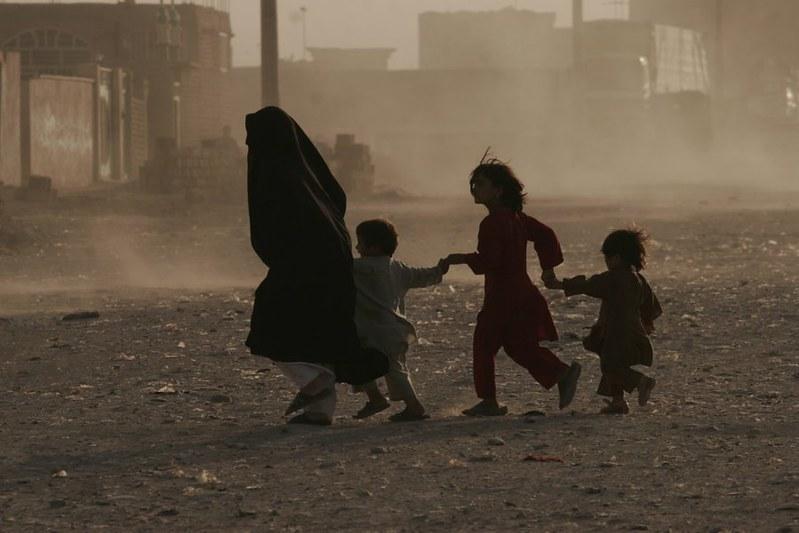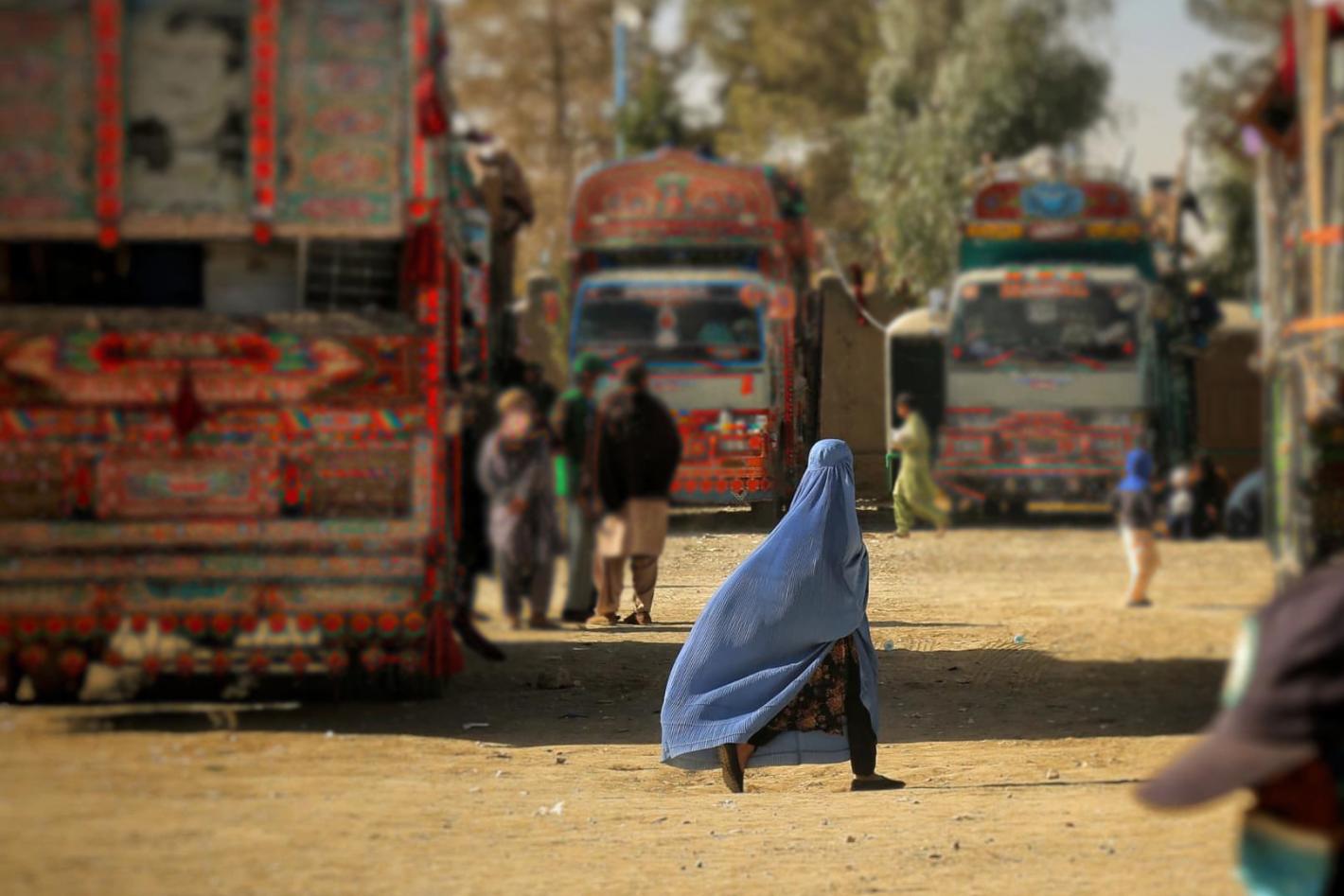LASHKAR GAH - Peace remains the top priority for Afghans, said a group of religious scholars during a UN-backed jirga in Lashkar Gah, capital of the southern province of Helmand.
In the event, which brought together a 300-strong delegation of religious scholars from many districts, including those not under government control, participants united in their call for an urgent intra-Afghan settlement to the ongoing conflict.
They said that the war has devasted Afghanistan and its people for too long and must stop.
“This conflict must come to an end,” said Mohammad Dawood Modaqeq, head of the Hajj and Religious Affairs Department in Helmand and one of the speakers at the event.
“Our children are killed every day; our schools, bazaars, homes and places of worship are no longer safe,” he said. “How long must this continue?”
Another speaker, Mawlwai Obaidullah Akhunzada, called on Ulema to take the lead in advocating for peace and tolerance, and stressed that this advocacy is required by religion.
“It is the duty of a Muslim to mediate between others who are in conflict,” said Akhunzada. “If we do not contribute to creating peace, we will never have peace,” he said, echoing other speakers in calling for unity in condemning violence and spreading messages of peace in religious teachings and community gatherings.
Afghanistan’s religious scholars, known as Ulema, play an essential role in setting moral and ethical standards for their communities. They often work as peace brokers and are respected at all levels of society, exerting influence on individual and community decisions.
After the engaging discussions, participants jointly endorsed ongoing efforts – inside the country and abroad – to end the conflict in Afghanistan. Together, they resolved to carry the conversation forward to promote peace and social cohesion among their respective communities.
The event, organized by UNAMA’s Kandahar regional office, was widely broadcast by local and national media outlets, including Sabawoon TV and Radio, Bost Radio, Milma Radio, Helmand RTA, Radio Azadi, Tatobay Newsweekly and several other media outlets to an estimated 900,000 people in and around Helmand and neighbouring provinces.
Following the event, many residents of the province, including Governor Mohammad Yasin and officials from Helmand’s Hajj and Religious Affairs Department, took to social media to extend the peace discussion online. Milma Radio, which maintains an active and influential Facebook page, was abuzz with comments as more than 5,000 people responded positively to the online discussion.
UNAMA continues to work with various institutions and individuals, including religious leaders, provincial councils, community leaders, youth groups, women and local media stations to create platforms – using radio, social media and television – for Afghans to engage in dialogue on pressing issues affecting their communities.






